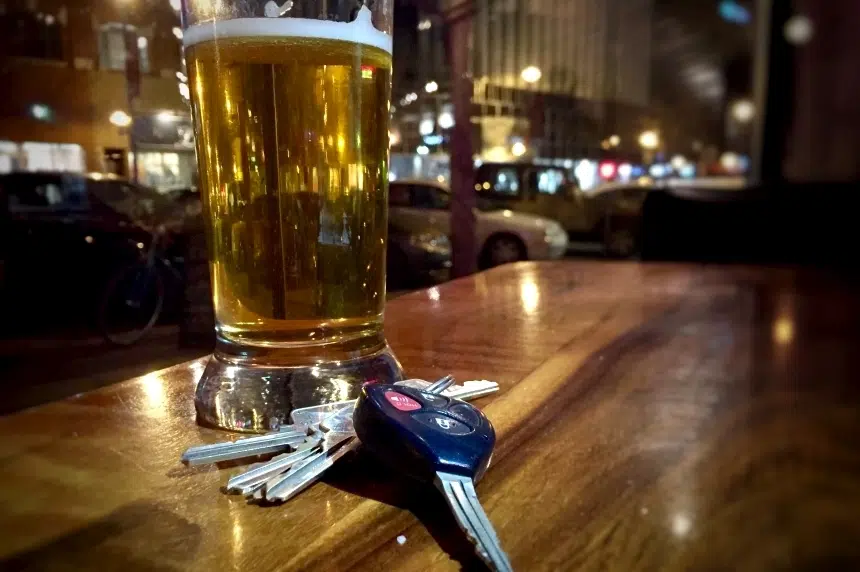The decision of a judge who threw the book at a three-time drunk driver has been significantly reduced by a Swift Current justice.
In September 2015, David Boyer was caught drunk driving. According to court documents, he was driving from Calgary to Regina on Highway 1 when he somehow ended up driving on the wrong side of the highway, forcing people to swerve out of the way. Boyer was stopped by RCMP and was found to have a blood-alcohol of 0.28.
He was charged and subsequently pleaded guilty to impaired driving.
Boyer’s lawyer, Shannon Prithipaul, and the Crown lawyer came to an agreement for a joint sentencing submission: 34 days to be served in the Saskatchewan Impaired Driver Treatment Program, with six-months probation and a three-year driving ban.
However, in an unusual move, the provincial court judge rejected their joint submission and imposed his own sentence – 180 days in jail, one year of probation and a two-and-a-half year driving ban.
Court documents say the provincial court judge found the lawyers’ submission was “unfit and contrary to the public interest.” The judge was concerned about Boyer’s previous two drunk driving convictions, especially because in 2011, Boyer was also sentenced to 30 days in jail.
Prithipaul said she’s never seen anything like this happen before.
“Most of the time when I’ve had a joint submission be rejected it was for something favourable to the accused, so a lower fine for example. But, here, to go from 34 days to six months jail was shocking to me.”
Prithipaul appealed the sentence to the Court of Queen’s Bench.
Justice J.D. Kalmakoff ultimately decided to change the sentence and go with the joint submission from the lawyers.
However, since Boyer had already served 34 days in jail, he was released.
In his decision, Kalmakoff relied heavily on the Anthony-Cook decision, which was put out by the Supreme Court of Canada the day after appeal arguments were heard.
“Basically, the Supreme Court of Canada and Anthony Cooke, in a nutshell, said joint submissions have a lot of value in our justice system. They allow for resolving cases that might otherwise have taken up enough amounts of judicial resources,” Prithipaul explained.
The justice also said the provincial court judge focused too much on denunciation and deterrence in his sentencing and not enough on rehabilitation and restraint – Boyer had taken alcohol treatment before the offence, is of Métis descent and had addictions problems.
Prithipaul said she doesn’t know if she’s had a client who’s done more to turn things around.
Kalmakoff wrote the proposed sentence was undoubtedly lenient – in light of Boyer’s criminal record and the circumstances of the offence – but it wasn’t one “which would bring the administration of justice into disrepute, nor was it otherwise contrary to the public interest.”
Prithipaul said it was an odd case from beginning to end, even when appealing the sentence.
She said that even though the Crown consented to the appeal, she still had to write a memorandum and argue her case, which is not normal.
“I still got grilled with a number of questions even though this was a consent appeal. So it kind of felt like our joint submission, where the Crown and I were agreeing on a proposal at trial level that was rejected, and then it sounded like I was almost at risk of losing this consent appeal.”







